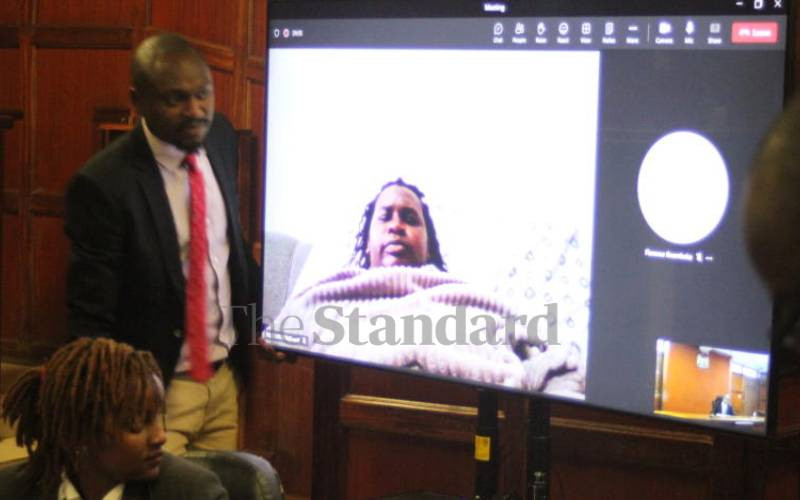×
The Standard e-Paper
Smart Minds Choose Us

High Court proceedings into the near-fatal shooting of Felix Orinda aka DJ Evolve allegedly by Embakasi East MP Babu Owino catalysed national debate on Thursday.
As many netizens wonder how the victim could become a defence witness, a new study released this week offers the government and nation another opportunity to strengthen victim protection.